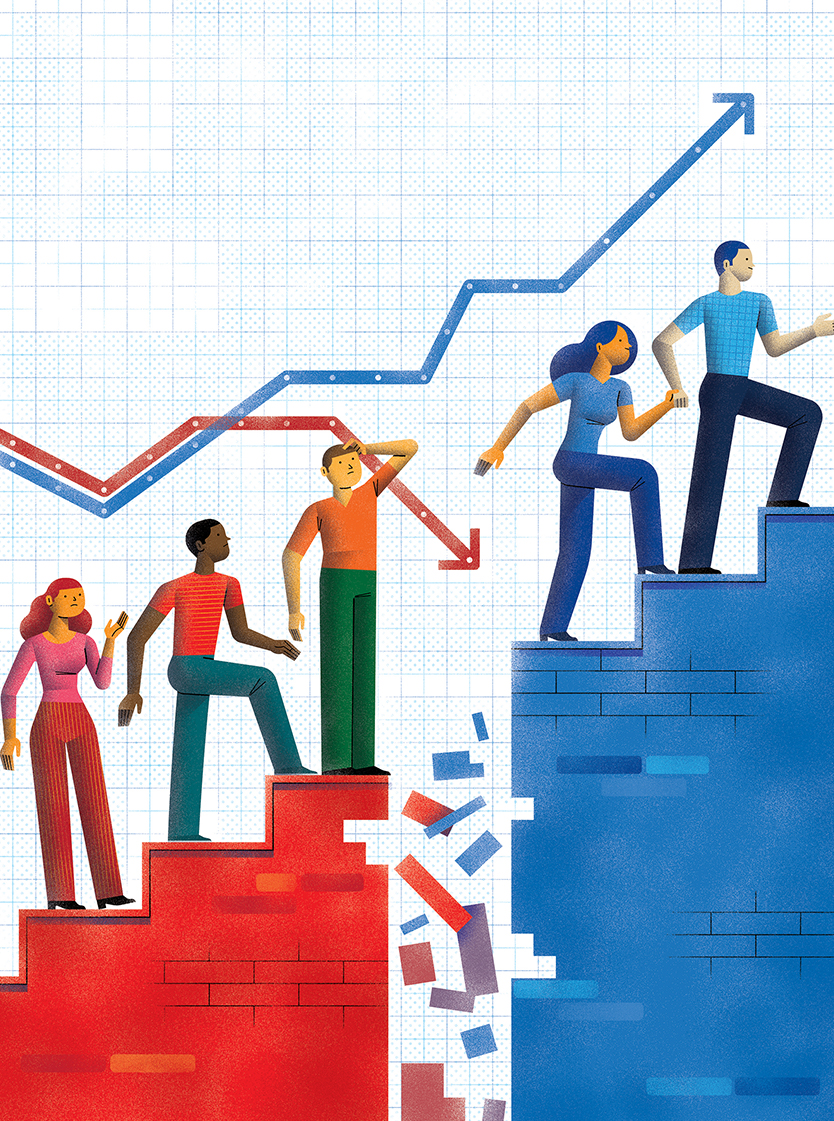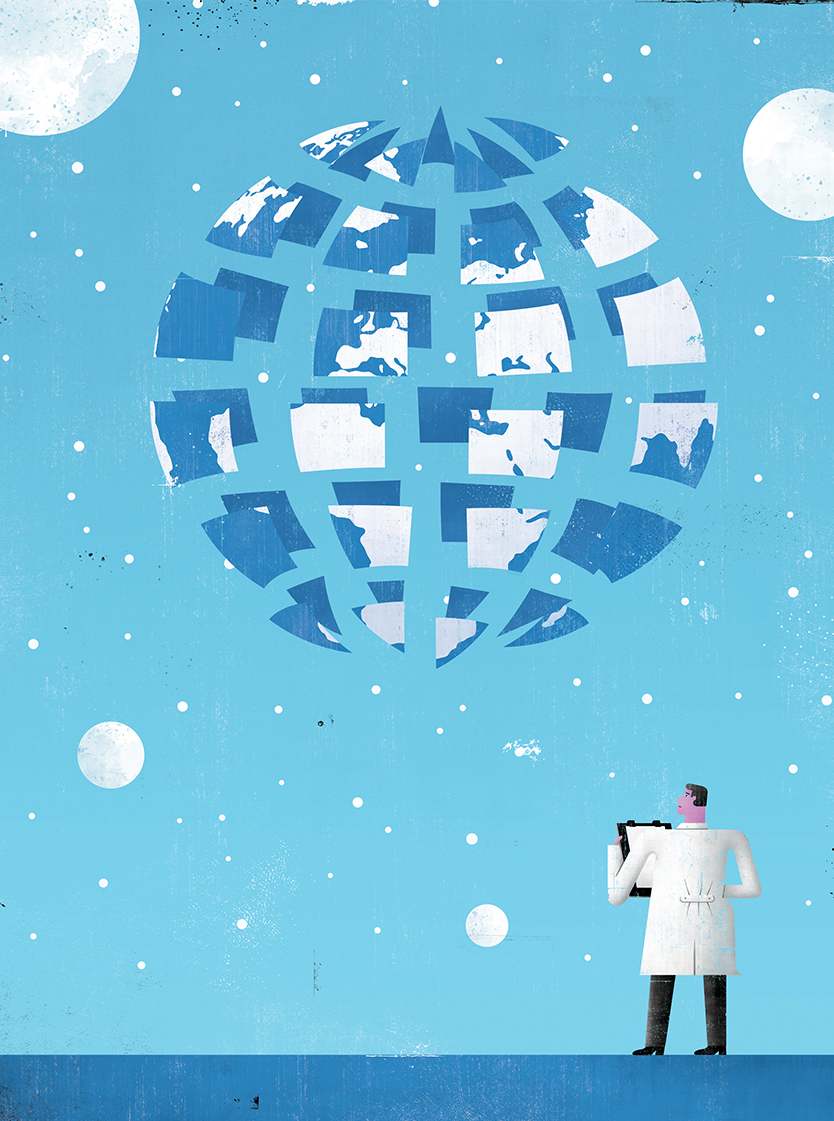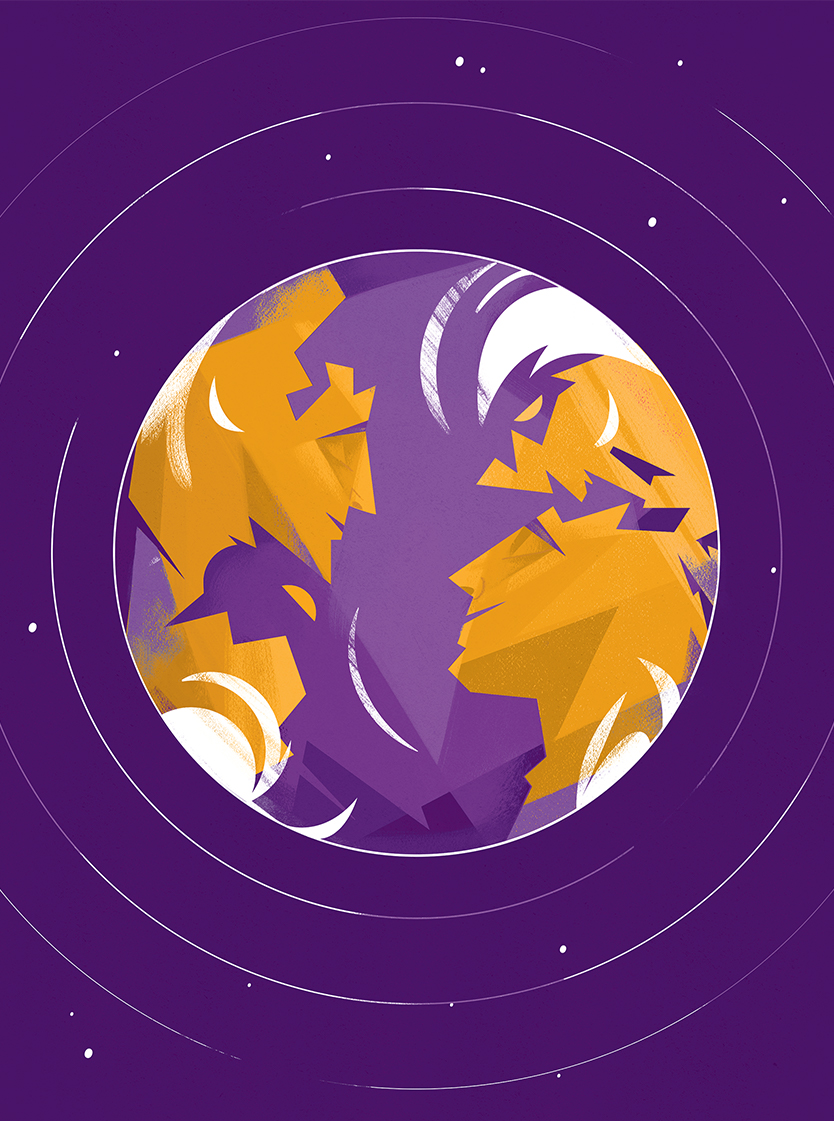Change, hope and heart
By Dr. Abdulla Al Karam

Heng Zeng
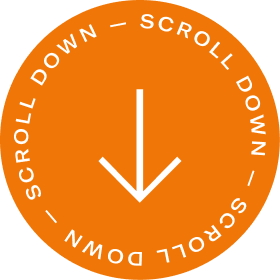
Global educators have turned the spotlight on the development of human qualities, harmony and well-being writes Dr. Abdulla Al Karam; an approach that will help the students of tomorrow overcome the transformational impact of AI and the ever-increasing speed of technological change.
Did you ever have those students at your school, the ones who would interrupt the teacher during the lesson to ask, ‘What’s the point of learning this?’ or ‘How will this help me in life?’ In the many versions I’ve heard of this story, the curious students would at best be ignored, and at worst be sent to the principal’s office for disrupting the class.
In a modern school context, it’s no longer seen as impertinent for students to want to know the relevance of what they’re learning, it’s considered necessary.
The world we live in has changed in fundamental ways in the last few years; just think of how diminished our lives would be if we didn’t have access to the knowledge and communications given to us by the internet.
But it’s not just internet technology that has progressed. Recently, the world’s first 3D printed, two-storey building was built in Dubai, using half the budget and half the personnel for a usual project of its size. In China, facial recognition technology is now so advanced that people don’t pay with their cards, or their phones. They pay with their face. The world’s first artificial intelligence (AI) teacher, Will, is already teaching students in New Zealand.
All this change is not slowing down. In fact, it’s getting faster and faster. We are now entering the fourth industrial revolution, which will have automation and artificial intelligence at its centre. Technology has already replaced many human jobs, and will continue to replace more in the future.
A recent report on the future of work by McKinsey says that half of all jobs in the world today will be automated in some way in the next 15 years. The bulk of these will be process-oriented, quantitative professions, such as accountants, lawyers, loan underwriters, insurance adjusters, financial analysts, and even software engineers.
Most futurists have no problem in predicting which jobs will be created, eliminated or transformed in the next five to 10 years. Some are comfortable making this forecast for the coming 15 years. But very few will speak with certainty on what our world will look like in the next 20 years and beyond.
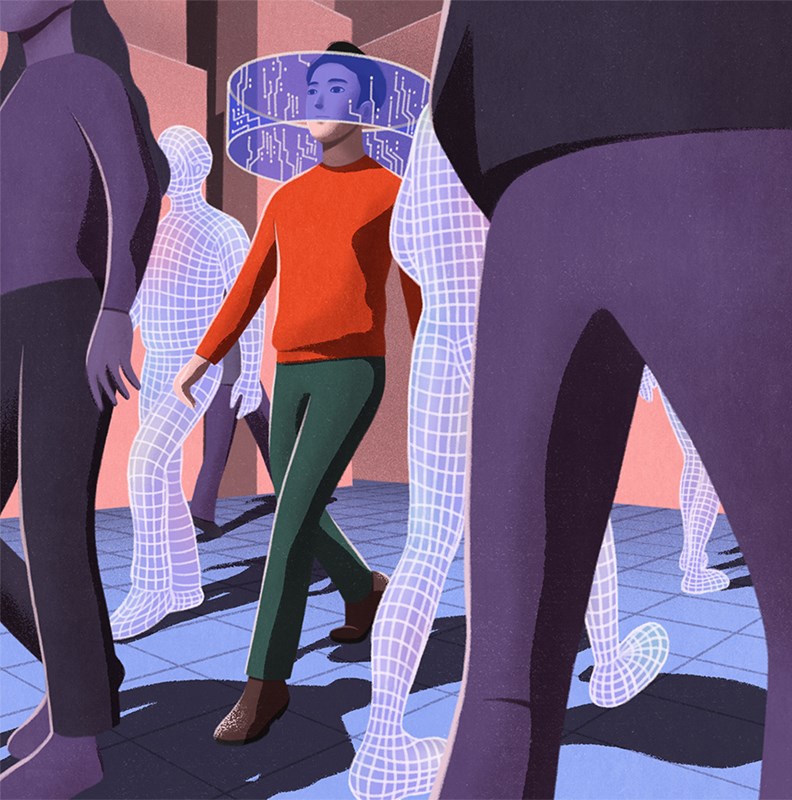
“A focus on well-being means that schools are preparing children for the tests of life, not a life of tests”
Dr. Abdulla Al Karam
All this change has a profound impact on education. Students’ seemingly simple question of ‘How will this help me in life?’ has acquired layers of complexity that would challenge even the most forward-looking teachers.
Managing Change, Creating Opportunity
Fortunately, we don’t have to beat AI at its own game: we will never be better robots than robots. AI will have many capabilities that go beyond ours, but there’s one thing that it will never have: heart.
The future is about change, and our future is about how well we manage that change. We can choose to be overwhelmed, or we can choose to be optimistic. We can be scared by uncertainty, or we can be sustained by hope.
Working together, we now have an opportunity to lead heart-first; to create an education sector that teaches us harmony with ourselves, with each other, and with the world around us. The need for this transformation is already being recognised among international institutions, and employers.
Companies like Google, Ernst & Young, and Virgin are no longer asking for school or university qualifications. They’re looking at attitude above knowledge and exam results. Instead of traditional study skills, they prefer their current team members to have ‘survival skills’ such as problem-solving, teamwork, creativity, communication and empathy.
A future skills report by Oxford University identified three factors that reduce the chances that a job could be automated. Each of these factors rely on our human qualities, not our robot properties. Jobs which need manual manipulation or perception, such as hairdressing or gardening, are less likely to be automated. Jobs that require us to use our creative and social intelligence will remain firmly in the human domain, as well as jobs that require collaboration, or kindness, or compassion.
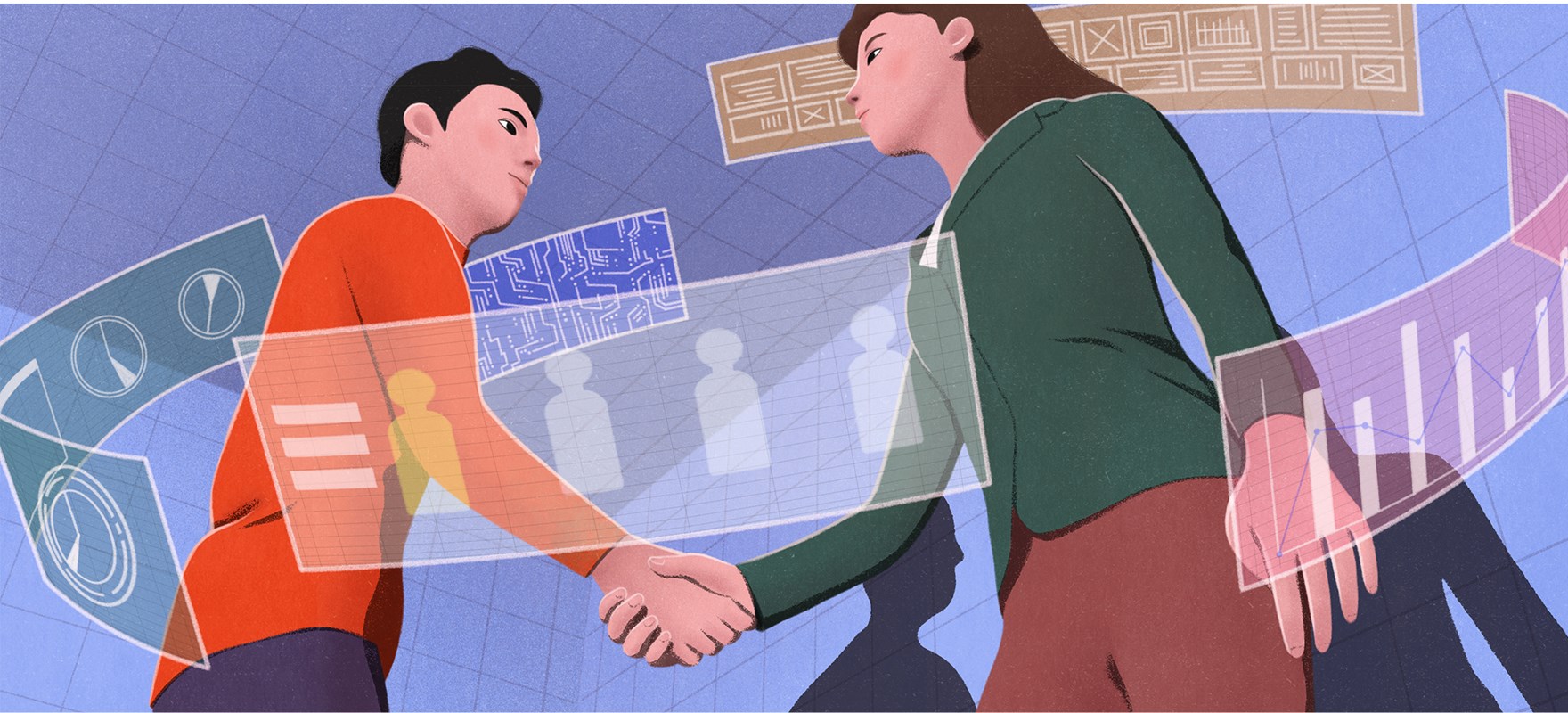
One factor that has been shown to improve and nurture creativity, compassion, resilience, and other future survival skills is well-being. Well-being will play a large part in what kind of future we create for ourselves and our children. A focus on well-being means that schools are preparing children for the tests of life, not a life of tests. A focus on well-being means that students will leave school knowing that they are more than their exam results. When they fail at doing something new, they’ll understand that real failure is in not trying at all.
As adults, they will understand that wealth and worth are to be found in relationships, not in bank accounts. Their sense of meaning and fulfilment will come not from their material possessions, but from their contributions.
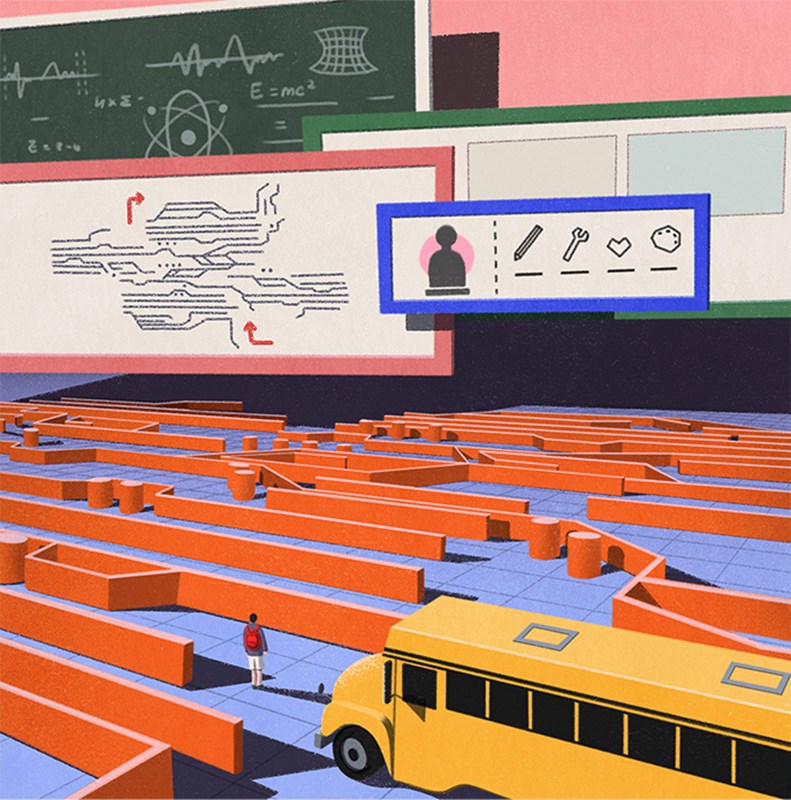
As the rate of change in their lives gets faster, their hearts and minds will remain open to new ideas and new experiences. While others may falter, they will fly.
This year is the year of Expo 2020 Dubai, an event that will bring together people from 200 nations in the spirit of ‘Connecting Minds, Creating the Future’. Both the world, and the future, are coming to Dubai, and our education community will go to meet them. With their dreams ahead of them, the support of their families behind them, and the energy of the city beside them, Dubai’s students will have no doubt about how these experiences will go on to help them in life.



